For some, being diagnosed as autistic can come as a shock; for others, it’s been a long time coming.
To mark Autistic Pride Day tomorrow, two young people from Dundee share their journeys with autism.
Andrew’s story
Andrew Batchelor was diagnosed six years ago, aged 15. In hindsight, he says the signs were always there.
Andrew, a Courier columnist, explains: “I have anxiety disorder. I found out about my autism because I went to a psychiatrist as my anxiety was through the roof when I was younger.
“The psychiatrist thought I had autistic traits, so they did a few diagnostic tests and it turned out I am autistic.
“When I found out, I was fine about it because I just felt the same as I’d always felt. The diagnosis made a lot of sense to me.”
Loud noises and the school bell
For Andrew, who created Dundee Culture aged 12, being autistic caused some challenges when he was younger – something he’s learning to cope with as an adult.
He continues: “When I was younger, I hated loud noises. I was terrified of the school bell.
“In primary school, I always used to be scared of going into the assembly hall because it was crowded.
“As an adult, I have a vision about the way something will happen and a majority of the time, things might not go the way I expect it to.
“Whenever that happens, I panic and get frustrated.
“With the work I do with Dundee Culture, and being on social media, I’m open to trolling. The way I react to that is related to my autism.
“If I was a bit younger, I probably would have reacted very badly to it. But I just laugh it off and I think that’s because my confidence has grown.
“As I get older, I’m getting used to understanding it better. The autistic side of things is still there and will always be, but it’s interesting to see how I’ve grown with it.”
‘Autism can be a very positive thing’
There are many misconceptions around being autistic – something Andrew is passionate about challenging.
He enthuses: “My drive for Dundee Culture is thanks to my autism. Autism can be a very positive thing and Autistic Pride Day celebrates that.
“Autism is like my superpower because there are a lot of things I’ve done that have been achieved thanks to my autism.
“Without it, I don’t think I’d have the motivation to do things that people know me for.
“When I was younger, it was a more negative thing. But now I’m an adult, I feel more positive because there are a lot of amazing things that have happened because of it.”
Tyler’s story
Like Andrew, Tyler Johnston was 15 when she was diagnosed in 2014.
But Tyler struggled more with the process, as well as coming to terms with her autism diagnosis.
Tyler, 23, explains: “Before my diagnosis, I was having an extremely tough time at school and at home.
“I had lost the small group of friends I had and my mum thought my challenging behaviours were teenage rebellion which hurt our relationship.
“I was very lonely and struggled with poor mental health.
“Once I received my diagnosis, I was relieved, saddened, and very confused all at the same time.
“I didn’t know what to think and was nervous for how everyone was going to react to the diagnosis, especially because no one else in my family was autistic.”
‘I have to wake up three hours before work’
Autism affects everyone differently and for Tyler, communication can pose challenges. But like Andrew, she also struggles with loud noises.
She explains: “It affects me in social situations because I have a hard time understanding sarcasm or figures of speech. I’m very literal.
My non verbal, autistic, daughter reached her hand out to mine today and said “high five”. So, that might just be one of the single most incredible moments of my life. pic.twitter.com/5Rx9Zt0E4c
— Dan Storey (@DapperDan) June 9, 2022
“I have very heightened sensitive hearing. A lot of sounds are physically painful to me, especially if they are loud and continuous like alarms.
“I have a lot of sensory challenges and often have to change clothes numerous times before feeling comfortable enough to go out.
“This means I have to wake up a minimum of three hours before I am due to start work to make sure I get there on time.”
‘I see the world in a different way’
Being autistic can cause challenges, but it can also bring a sense of pride, as Tyler explains.
“The biggest challenge I face as someone with autism is actually other people and their lack of acceptance and understanding.
“I have colleagues believing I’m rude and abrupt. I have people calling me awful names because I can’t look them in the eye for long periods of time while talking to them.
“Others view me as attention seeking or simply being a drama queen when in fact, I’m having an autistic meltdown.
“But, being autistic has given me the ability to recognise early signs of autism.
“This means I can support children I care for in my job as an early years educator for the council.
“The best thing about being autistic for me is seeing the world in a completely different way.
“I love being able to see things for exactly what they are and becoming so engrossed in an activity or hobby, I forget about everything else.”
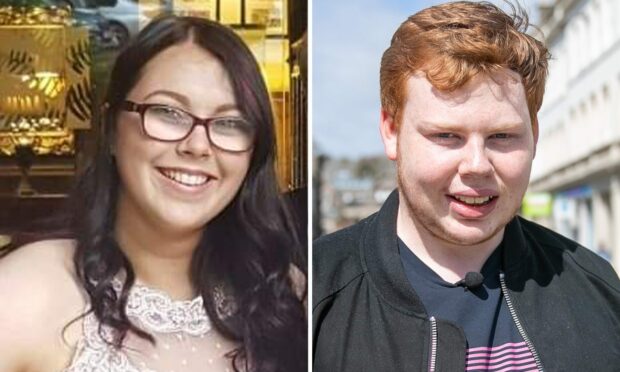
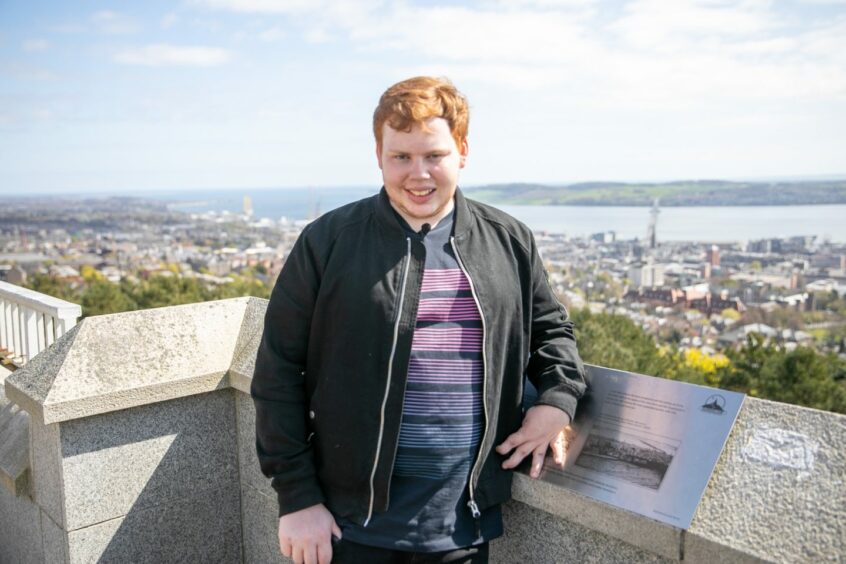
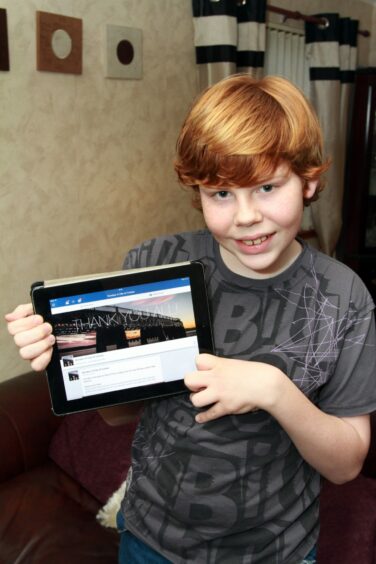
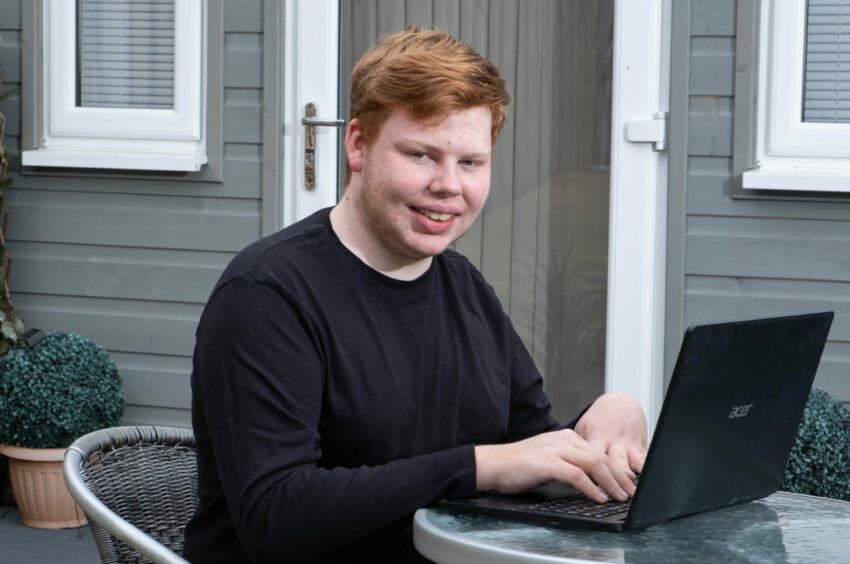
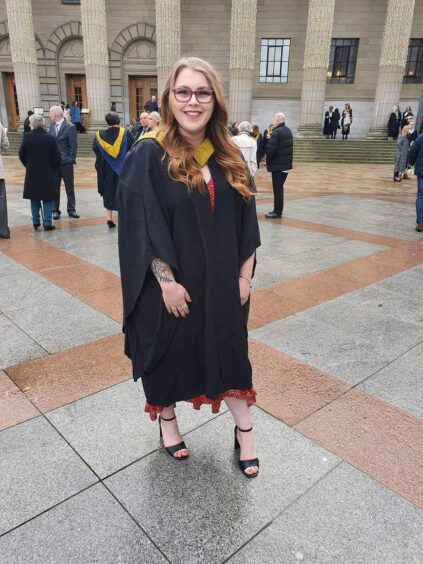
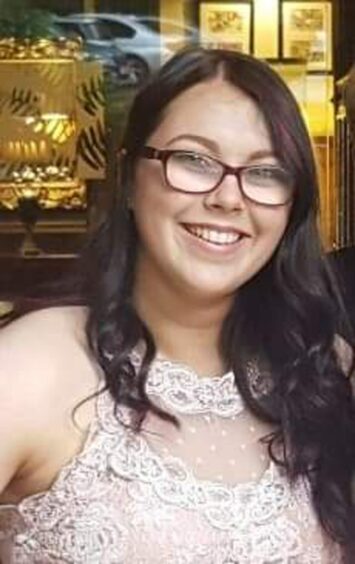

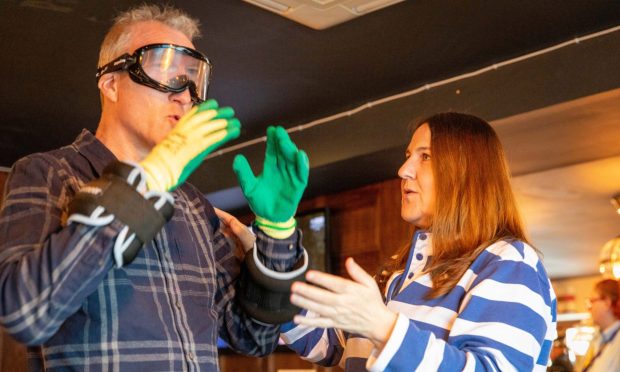
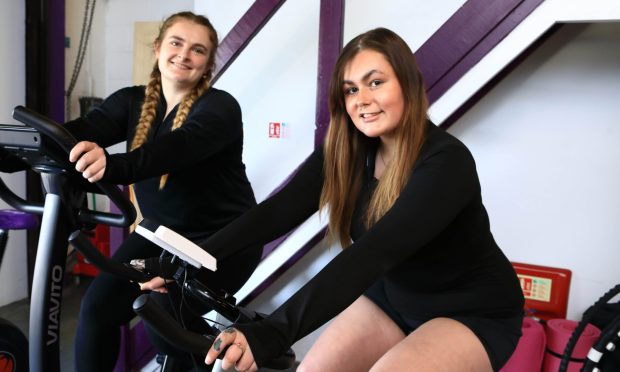
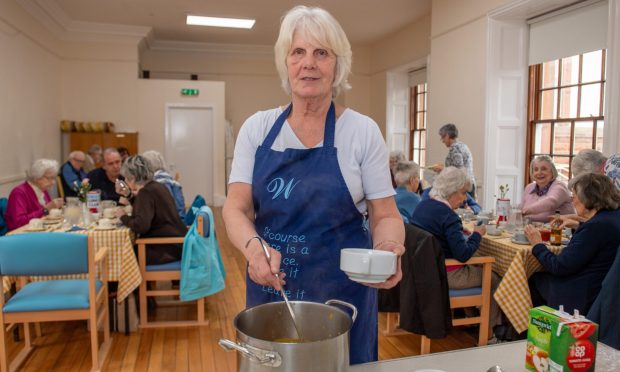
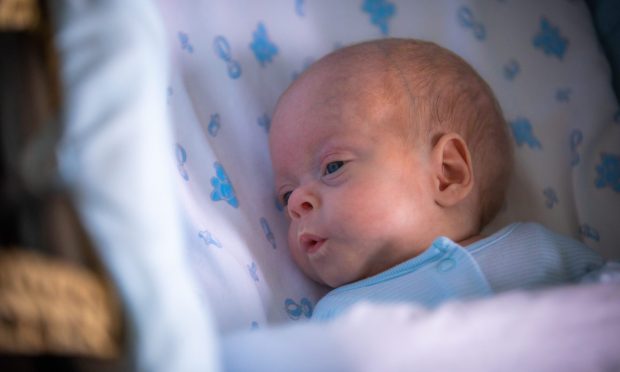
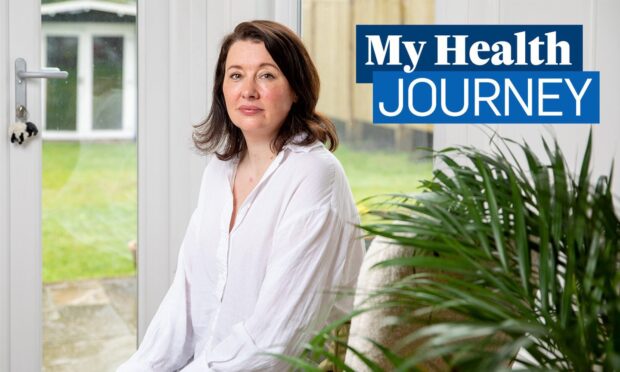

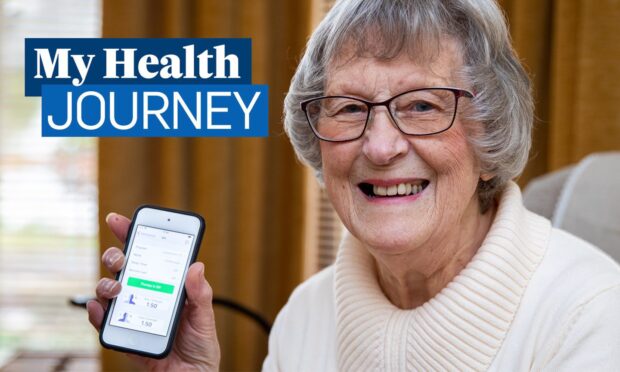
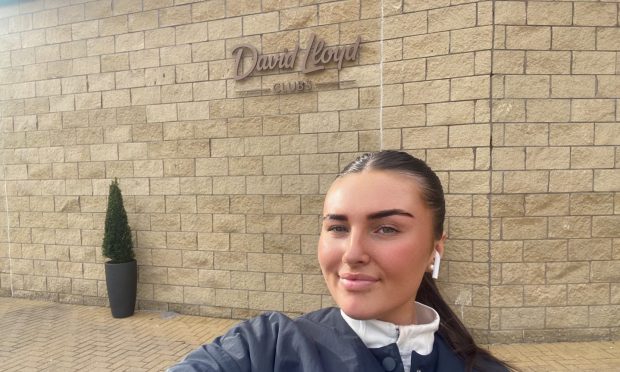
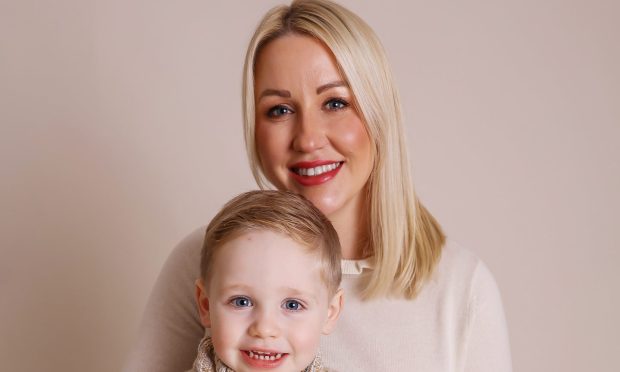
Conversation